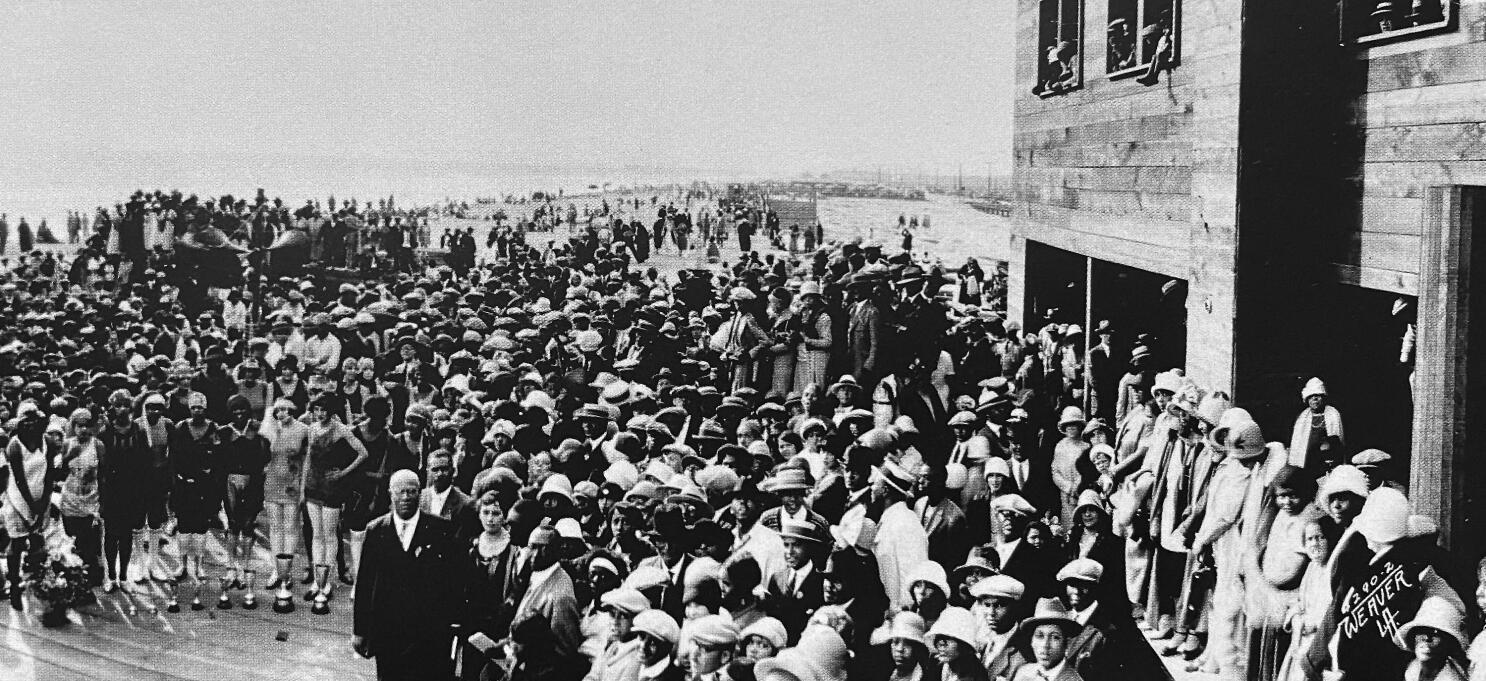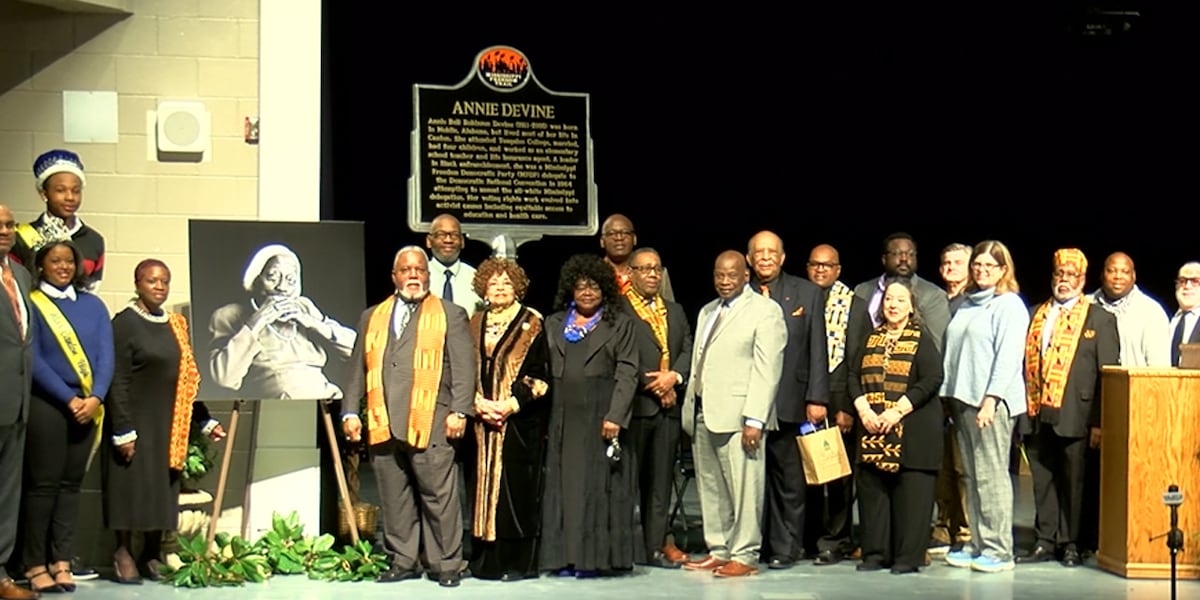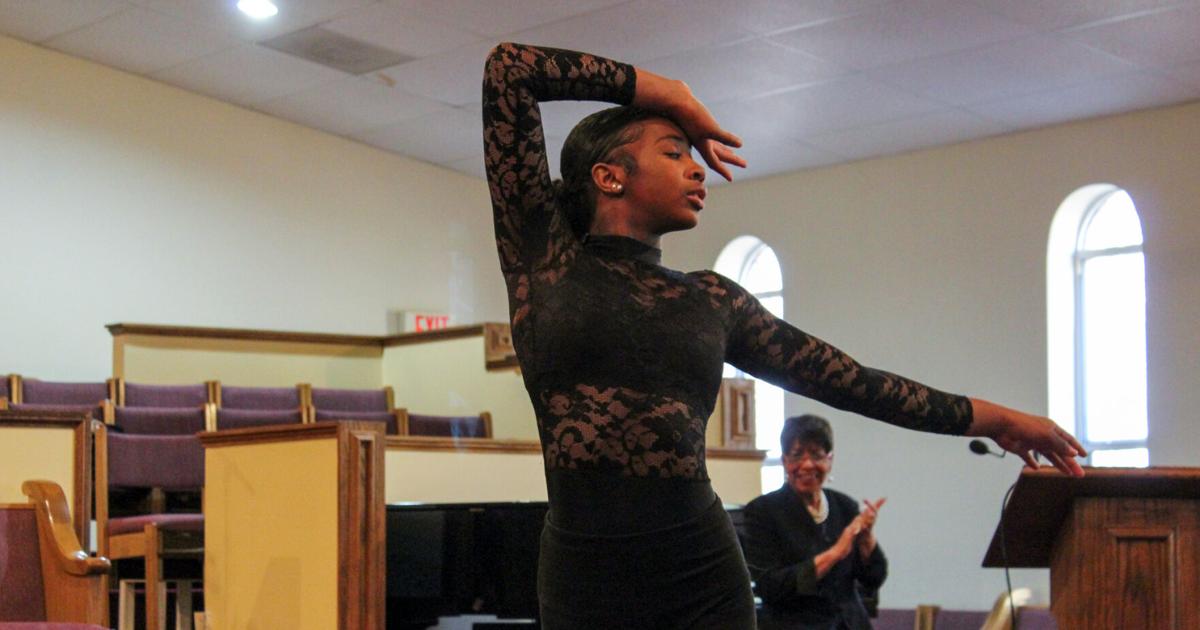- BlackVoter.Org
- Posts
- BlackVoter.Org
BlackVoter.Org


Dr. Alvin F.
Poussaint, a pioneering psychiatrist and key figure in discussions about racism and its effects on Black mental health, passed away at 90. His remarkable career began with providing medical care during the civil rights movement in the 1960s and evolved as he shaped the narrative around Black culture in the following decades.
As a professor at Harvard Medical School, Poussaint explored the intersections of systemic racism and personal responsibility in works like “Why Blacks Kill Blacks.”
His compelling insights bridged the divide between differing perspectives on Black empowerment and accountability.
Known for his charisma, he served as co-chairman for Rev. Jesse Jackson’s 1984 presidential campaign and is believed to have inspired the character of Dr.
Cliff Huxtable on "The Cosby Show." Poussaint's legacy emphasizes the critical dialogues about race, mental health, and the strength of the Black community, marking him as a transformative voice in American society.

The article delves into the transformative journey of Malcolm X during a pivotal era of global liberation struggles, highlighting his role in connecting African and African American movements. Set against the backdrop of the Cold War, Malcolm X emerged as a powerful voice within the Nation of Islam in the 1950s, promoting not only Black nationalism but also aligning with global liberation movements.
His travels across Africa—visiting nations like Ghana, Sudan, and Egypt—opened his eyes to the shared plight of oppressed peoples. These experiences reinforced his belief in Pan-Africanism and inspired a generation fighting against racial injustice in the United States.
As Malcolm increasingly diverged from the Nation of Islam's teachings, his international engagements underscored the intersections of civil rights and global anti-imperialist struggles. The article sets the stage for further exploration of Malcolm’s lasting impact on both African American activism and the broader Pan-African movement.

A century ago, the Pacific Beach Club blossomed as a symbol of hope and resilience for Southern California’s Black community, emerging amidst segregation and discrimination. With ambitious plans for a vibrant resort, it aimed to provide a gathering space where Black families could celebrate and thrive.
The club’s grand opening was set for February 12, 1926, celebrated with a stunning beauty pageant that drew thousands to the beach. However, this dream was extinguished just months later when the club was tragically set ablaze, allegedly by arsonists linked to the KKK.
Despite the setback, the community rallied, but continuous opposition thwarted their efforts to rebuild. Today, the story of the Pacific Beach Club serves as a poignant reminder of Black aspirations and the fight against racism in early 20th-century America, deserving recognition for its place in California’s rich history.

The recent uproar over Virginia Governor Ralph Northam's blackface photo has reignited long-standing fears among Black Americans regarding racial bias in the healthcare system. Critics, including Monifa Bandele of Moms Rising, express that such imagery undermines trust in medical professionals, particularly in light of the nation's troubling history, like the infamous Tuskegee syphilis study.
The controversy prompts many to wonder how perceptions of racial inequality may affect treatment quality for Black patients. As highlighted by voices from the African American community, the emotional scars of past medical injustices still loom large, leading individuals to approach healthcare with wariness.
This incident has illuminated a crucial conversation about the implications of history on current medical practices, emphasizing the urgent need for accountability and change within the healthcare field to rebuild trust among marginalized groups.

A new Mississippi Freedom Trail Marker was unveiled in Canton, honoring civil rights icon Annie Devine, who played a crucial role in the fight for voting rights in the segregated South. Known for her unswerving dedication rather than a quest for fame, Devine organized voter registration drives that empowered African Americans at a time when it was perilous to do so.
She was a founding member of the Mississippi Freedom Democratic Party and fought against racial injustice at the Democratic National Convention in 1964. Although her challenge did not succeed, it paved the way for significant changes, including the Voting Rights Act of 1965.
The marker, set to be permanently displayed outside the Madison County Courthouse, immortalizes Devine's inspiring legacy and serves as a reminder of the continuous struggle for equality. As community members gathered in celebration, they echoed the sentiment that without pioneers like Devine, today's freedoms would be unimaginable.

In celebration of Black History Month, the Linden Police Department honors the invaluable contributions of African-Americans within its ranks. Highlighting their legacy, the department remembers trailblazers like Captain Jonathan Parham, who joined in 1992 and made history as the first African American Chief of Police in 2016 after serving with distinction.
Captain Parham's dedication paved the way for future generations and continues to inspire others even after his retirement. His ongoing influence as Undersheriff with the Union County Sheriff's Office and Director of County-Wide Police Policy showcases a commitment to community and safety.
This recognition not only pays tribute to individual achievements but also emphasizes the rich history and progress within the department and its vital role in Linden's community. The Linden Police Department remains committed to honoring diversity as it moves forward, ensuring a promising future for all.

The Dumfries community gathered at Little Union Baptist Church to honor Black History Month with a vibrant celebration themed "African Americans and Labor." Featuring poignant performances from Divine Inspirations Center for the Arts and spoken-word contributions, the event spotlighted the immeasurable contributions of Black workers to America's foundations.
Mayor Derrick Wood emphasized the profound impact of Black labor across various sectors, from architecture to music. Attendees, including local politicians and alumni from Old Cabin Branch School, engaged in heartfelt reflections on the town's rich history, celebrated the 120-year legacy of the church, and emphasized the importance of educating future generations.
As former Poet Laureate Kim B. Miller expressed, sharing these historical narratives fosters understanding and empathy.
The celebration was a testament to resilience, community spirit, and a commitment to ensuring that the stories of Black Americans are cherished and passed on.

Donald Trump's approval rating among Black Americans has taken a nosedive, hitting an alarming low according to recent polling data. Despite making some headway in the 2024 election—capturing 16% of the Black vote, the highest for a Republican since George W.
Bush—current surveys show only about 24% of Black respondents now approve of his performance. This stark contrast is particularly evident when compared to his support among white voters, where approval rates soar to 57%.
Polls illustrate a notable trend: younger Black voters are showing some interest, yet many remain deeply skeptical of Trump's policies and perceived hostility toward communities of color. As Democrats struggle to regain footing, especially amidst Trump’s attacks on diversity initiatives, the political landscape remains volatile.
Will Trump's fleeting support among Black voters hold, or will discontent reignite interest in the Democratic Party? The uncertainty looms large as we gear up for future elections.